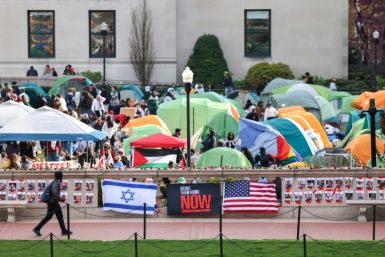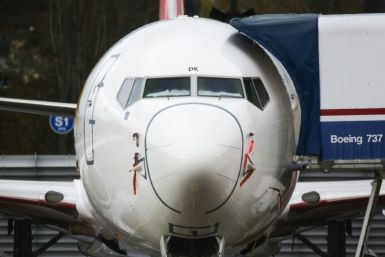Starbucks to donate all unsold meals to food bank in all US locations
5 million meals on 1st year, 50 million meals by 2021
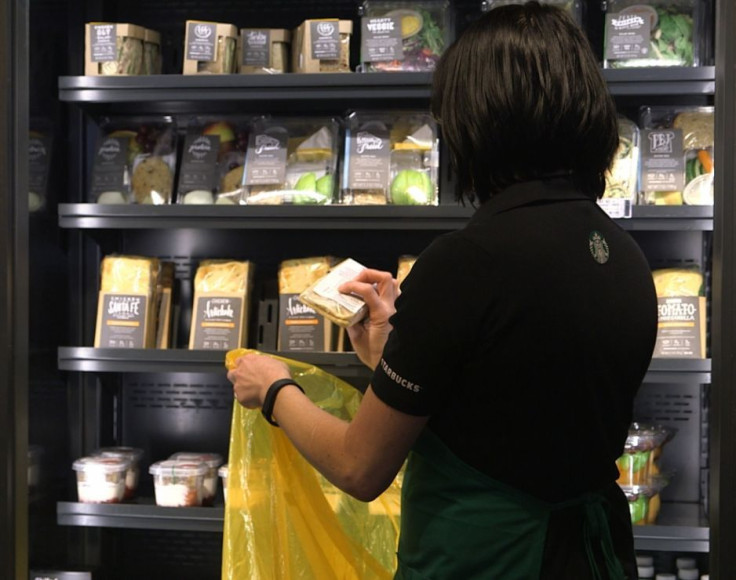
Starbucks is joining the growing global move to make good use of unsold food by donating it to food banks or charity. In May 2015, France made a landmark decision to ban the destruction of unsold grocery food and instead donate it to farms or charity.
On Tuesday, the giant coffee chain announced its new plan to minimise food wastage at its US locations by partnering with Food Donation Connection (FDC) and Feeding America. Under its FoodShare programme, Starbucks would donate all of its leftover prepared meals to food banks.
FDC would pick up the food daily at all of 7,600 cafes operated by Starbucks across the US, while redistribution would be handled by Feeding America. To address the challenge of keeping the food’s quality during delivery, Jane Maly, brand manager of Starbucks food team, said the focus would be on maintenance of temperature, texture and flavor of the unsold food so that when it reaches the beneficiary, the person could safely enjoy it, reports Fortune.
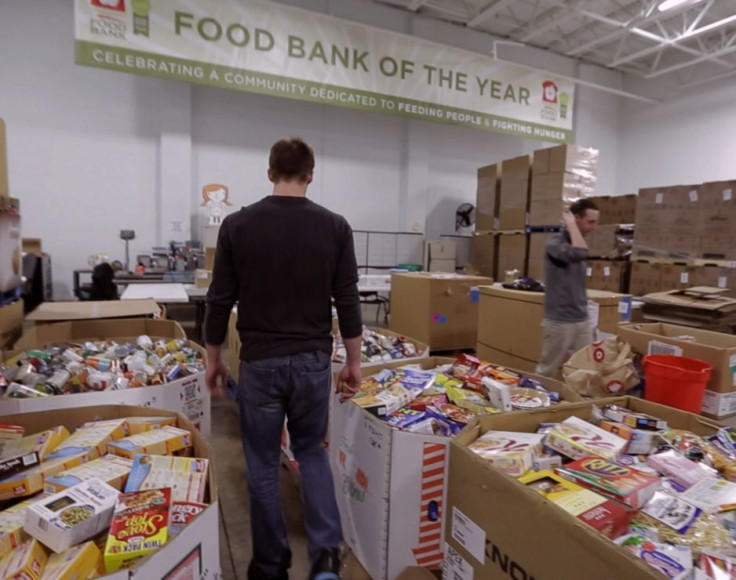
Previous Starbucks food safety policies mandate the store’s baristas to throw away salads, sandwiches and other refrigerated food at the expiration date lapses even if the food could still be eaten. Aware that there are almost 50 million Americans who struggle to avoid food hunger, Starbucks invested in research and quality assurance to develop ways to safely donate the fresh food.
On the first year alone, the programme is expected to provide almost 5 million meals to needy individuals and families. Over the next five years, Starbucks would scale FoodShare and make sure that 100 percent of food available for donation would go to the hungry. That’s about 50 million meals by 2021.
Even before the Tuesday announcement, Starbucks had been coordinating with FDC since 2010 to donate leftover pastries to the needy. Maly explains, “When we thought about out vast food footprint across the U.S. and the impact we could make, it put a fire under us to figure out how to donate this food instead of throwing it away.”
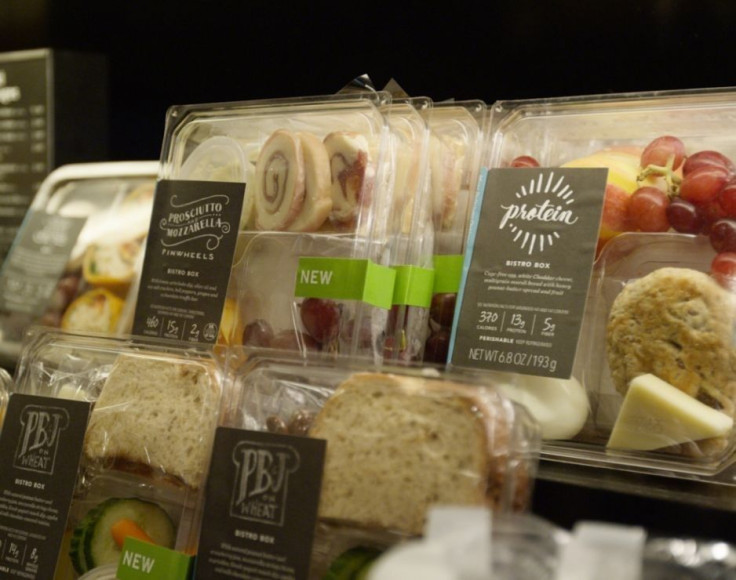
John Kelly, senior vice president of Starbucks Global Responsibility, Community and Public Policy, credits its partners for volunteering and contributing to their communities. “They saw the need for us to do more, and find a way to use our scale to bring more nourishing and ready-to-eat meals to those in need,” he adds.





